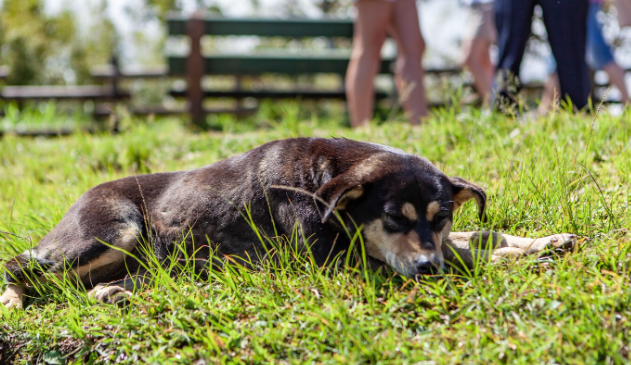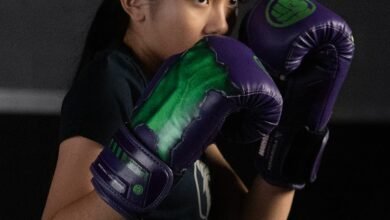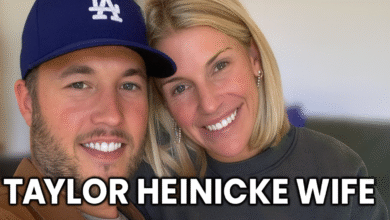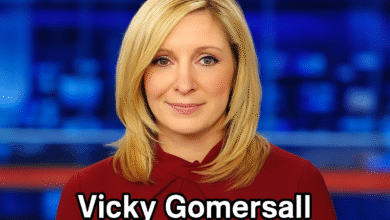Premises Liability Claims in Georgia: Slip and Fall, Dog Bites and More

We go about our daily lives visiting grocery stores, apartment complexes, restaurants, and private homes with the reasonable and fair expectation of safety. Unfortunately, serious injuries on someone else’s property are incredibly common, but when they happen, victims are often left confused about their rights and unsure of who is responsible for their mounting medical bills.
This uncertainty can lead to injured individuals shouldering the immense financial burden of their recovery for an accident that was directly caused by a property owner’s negligence. The good news is that Georgia law provides a legal framework known as “premises liability,” which holds property owners and managers responsible for maintaining a reasonably safe environment for their visitors. Understanding the basics of this area of law is the first step toward seeking justice and recovering the compensation you deserve.
This guide will explain the core principles of premises liability in Georgia, outline the most common types of claims, and detail how an experienced personal injury attorney can help you navigate these complex cases.
What is Premises Liability? The Property Owner’s Duty of Care
At its core, premises liability is a legal principle holding that property owners and occupiers have a legal obligation (a “duty of care”) to ensure their property is free from unreasonable hazards that could cause harm to lawful visitors. When they fail in this duty and someone gets hurt as a result, they can be held financially liable for the resulting damages.
The “Status” of the Visitor Matters in Georgia
A crucial element of any premises liability case in Georgia is determining the legal status of the injured person at the time of the accident. The law assigns a different duty of care based on why the person was on the property. There are three main categories:
- Invitee: This is a person who has been invited onto the property for a commercial purpose or for the mutual benefit of the owner. This includes customers in a retail store, diners in a restaurant, or tenants in an apartment building. Invitees are owed the highest duty of care. The property owner must not only warn them of known dangers but also actively inspect the property to discover and repair any hidden or potential hazards.
- Licensee: This is a social guest, such as a friend or family member invited to a private home for dinner. The property owner has a duty to warn a licensee of any known dangers that they are unlikely to discover on their own. However, the duty to actively inspect for unknown hazards is not as high as it is for an invitee.
- Trespasser: This is a person who enters the property without any permission. Property owners owe the lowest duty of care to trespassers, which is simply not to cause them intentional or willful harm. There are important exceptions to this rule, particularly when children are involved.
Common Types of Premises Liability Claims
While the circumstances can vary widely, most premises liability cases fall into a few common categories.
Slip and Fall / Trip and Fall Accidents
This is the most frequent type of premises liability claim. These accidents are caused by a property owner’s failure to address a dangerous condition on a walking surface. Common examples include:
- Wet and slippery floors in a grocery store aisle without a “wet floor” sign.
- Poorly lit stairwells with broken handrails.
- Cracked or uneven pavement in a parking lot or on a sidewalk.
- Spilled food or merchandise left on a store floor.
Negligent or Inadequate Security
Property owners, particularly in commercial settings like apartment complexes, hotels, or parking garages, have a duty to take reasonable steps to protect visitors from foreseeable criminal acts by third parties. A claim for negligent security may arise from:
- Failure to repair broken locks on doors or gates.
- Inadequate lighting in parking lots, hallways, or stairwells.
- Failure to provide adequate security personnel in an area with a known history of criminal activity.
Dog Bites and Animal Attacks
Georgia’s dog bite laws can be complex. While the state does not have a “strict liability” statute, an owner can be held liable if they knew or should have known that their dog was dangerous (the “modified one-bite rule”) or if they violated a local leash law. An experienced attorney from a firm like Glenn Cambre Injury Lawyers can be a vital asset in investigating these specific factors.
Swimming Pool Accidents
Property owners with swimming pools have a significant responsibility to ensure they are safe. Accidents often occur due to a property owner’s failure to adhere to safety standards, such as having inadequate fencing and self-latching gates to prevent children from wandering in, failing to provide proper safety equipment, or having poorly maintained drains.
What to Do After an Injury on Someone Else’s Property
The steps you take immediately after an injury are crucial for both your health and the strength of any potential legal claim.
- Report the Incident Immediately: If you are injured in a commercial establishment, notify the manager or owner on duty right away. Insist that they create an official written incident report, and ask for a copy for your records.
- Seek Immediate Medical Attention: Your health is the top priority. Seeking immediate medical care also creates an official record that documents your injuries and links them to the time and place of the incident.
- Document Everything: Use your smartphone to take pictures and videos of the exact hazard that caused your injury (e.g., the spill on the floor, the broken step, the poorly lit area) before it can be cleaned up, repaired, or altered.
- Get Witness Information: If anyone saw your accident happen, get their name and phone number. An objective witness can be incredibly valuable.
- Preserve the Evidence: Keep the shoes and clothing you were wearing at the time of the fall in a safe place. Do not wash them. They may be important evidence.
- Contact an Attorney Before Speaking to an Insurer: Do not give a recorded statement or accept any offers from the property owner’s insurance company until you have consulted with a legal professional. The team at Glenn Cambre Injury Lawyers can protect you from the insurance company’s tactics and ensure your rights are protected from the start.
Frequently Asked Questions
I was looking at my cell phone when I tripped on a broken sidewalk. Do I still have a valid case? It’s possible. Georgia’s comparative fault rules would apply in this situation. If it is determined that the property owner was negligent in maintaining the sidewalk, you may still be able to recover damages. However, your total compensation could be reduced by whatever percentage of fault is assigned to you for being distracted. An attorney can help evaluate the specific facts of your case.
How do you prove that a store “should have known” about a spill on the floor? This is a key element of a successful slip and fall claim. An experienced lawyer knows how to find evidence to establish this, which can include requesting video surveillance footage to see how long the spill was present, obtaining employee cleaning logs and schedules, and taking testimony from store employees and other witnesses.
The property owner fixed the broken step the day after I fell. Does this hurt my case? No, in fact, it can often be used as evidence that the owner recognized the condition was hazardous and had a duty to fix it. This is known as a “subsequent remedial measure,” and your attorney will understand how to properly handle this type of evidence in your case.
How long do I have to file a premises liability lawsuit in Georgia? Generally, the statute of limitations for personal injury claims in Georgia is two years from the date the injury occurred. It is absolutely critical to contact a lawyer and take action long before this legal deadline expires, as missing it will permanently bar you from recovering any compensation.
About Glenn Cambre Injury Lawyers
At Glenn Cambre Injury Lawyers, we are dedicated to holding negligent property owners accountable for the harm they cause. Our Georgia legal team has extensive experience handling a wide range of premises liability cases, from slip and falls to complex negligent security claims. We are committed to fighting for the full compensation our clients need to recover from their injuries.
Business Name: Cambre & Associates Injury & Accident Lawyers
Address: 2310 Parklake Dr NE Suite 300, Atlanta, GA 30345
Phone number: (770) 502-6116



